progesterone is one of the sex hormones. It is a so-called steroid hormone and the most important of the progestins. Progesterone plays a particularly important role during pregnancy.
What is Progesterone?
Progesterone is one of the female sex hormones, although it is also present in the male body. The main task of progesterone is to prepare the female body for pregnancy.
But progesterone also has important tasks in the male organism. On the one hand, it is responsible for the mobility of the sperm and also ensures their ability to penetrate the egg cell.
Progesterone is therefore an important sex hormone, without which reproduction would not be possible.
Production, manufacturing & education
The production of progesterone takes place in the body in different places. In women it is mainly produced in the corpus luteum during the second phase of the menstrual cycle.
This prepares for a possibly occurring pregnancy or makes fertilization of the egg possible in the first place. The concentration of progesterone is therefore highest on the fifth to eighth day after ovulation during the entire female cycle.
During pregnancy, progesterone is mainly produced by the placenta. Small amounts of progesterone are also produced in the adrenal cortex. This is the case with women and men. In men, progesterone is also produced in the testes, more precisely in the Leydig cells that are located in the testes.
Function, effect & properties
Progesterone is an important sex hormone, the main task of which is to enable reproduction. Without progesterone, the female body would not be able to become pregnant, but the man's sperm would not be able to fertilize an egg cell either.
Progesterone is therefore essential for our reproduction. In the female body, progesterone changes the lining of the uterus shortly after ovulation, so that a fertilized egg can implant itself more easily. In the male body, progesterone is responsible for the function of the sperm; only through progesterone do they become mobile and have the ability to penetrate the egg cell.
If a fertilized egg does not nestle in the uterus, the progesterone level in the female body drops and this then triggers menstrual bleeding. Progesterone controls a large part of the female cycle.
But it also has other functions, e.g. participates in building bones in the body. For this reason it is used successfully today in the therapy of osteoporosis. In addition, progesterone is absolutely necessary for the formation of other hormones. Progesterone is used in the body to produce cortisol, among other things.
Progesterone is also important for our skin. It is responsible for the lifespan of skin cells, for the formation of collagen and therefore important against wrinkling. Progesterone is also known as the "hormone of inner serenity". Since it ensures balance and a carefree mood in high concentration during pregnancy, this name was used.
You can find your medication here
➔ Medicines for menstrual crampsIllnesses, ailments & disorders
If there is a deficiency of progesterone in the body, this can have many effects. Too low a concentration of progesterone naturally disrupts the hormone metabolism. In women, this is particularly noticeable through an irregular cycle.
Mood swings, insomnia, nervousness and irritability can all result from a lack of progesterone. This can lead to depression if the deficiency persists. But progesterone also has an influence on body weight. A deficiency of progesterone can lead to obesity, with the fat being stored mainly in the abdominal area. During menopause, the level of progesterone in the body decreases. Because of this, many of the aforementioned symptoms can be seen in many women during this period. In addition, a low level of progesterone also causes hot flashes and hair loss.
However, the progesterone can also be present in too high a concentration in the body. Although this happens rarely, it also has an impact on the body or provides indications of a disease. This is always the case during pregnancy. Too much progesterone can also indicate a tumor on the ovary.
An underactive thyroid can also cause excessive progesterone levels in the body. Since estrogens and progesterone are regulated together, the underactive thyroid can lead to a slower metabolism in which there is too little estrogen and too much progesterone in the body. Other signs of too much progesterone can include frequent fatigue, migraines, and a huge decrease in female libido.


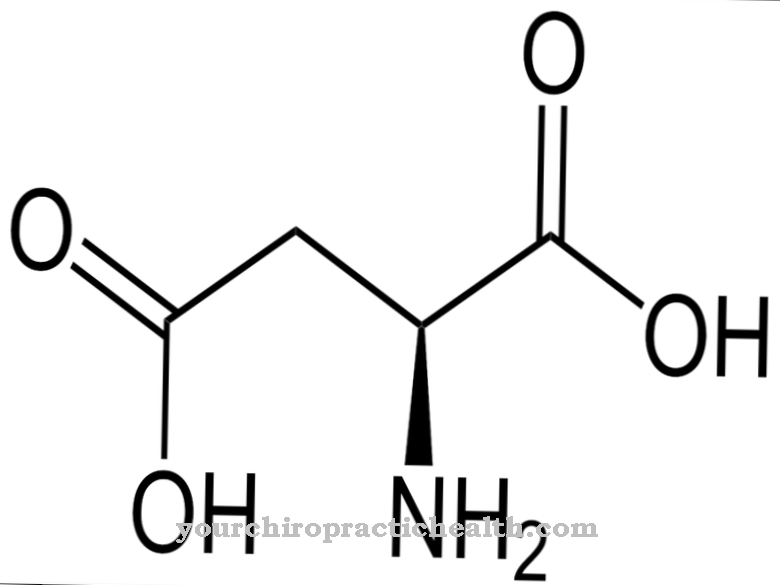
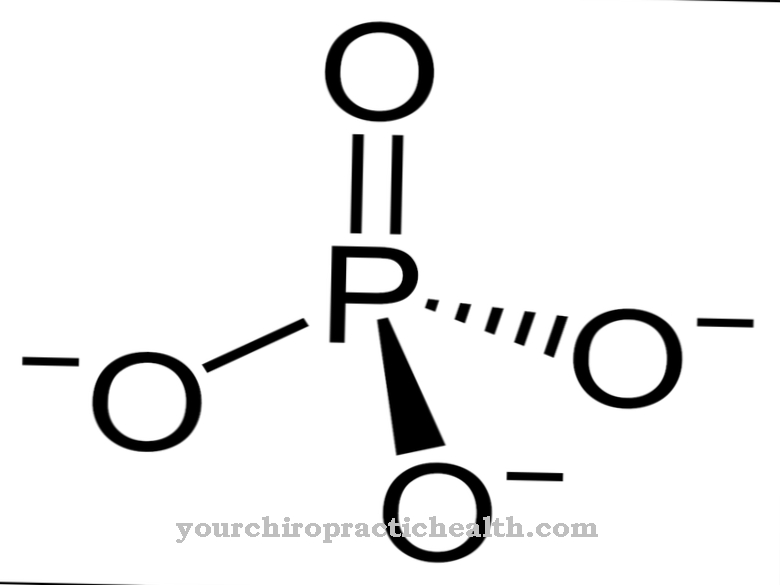
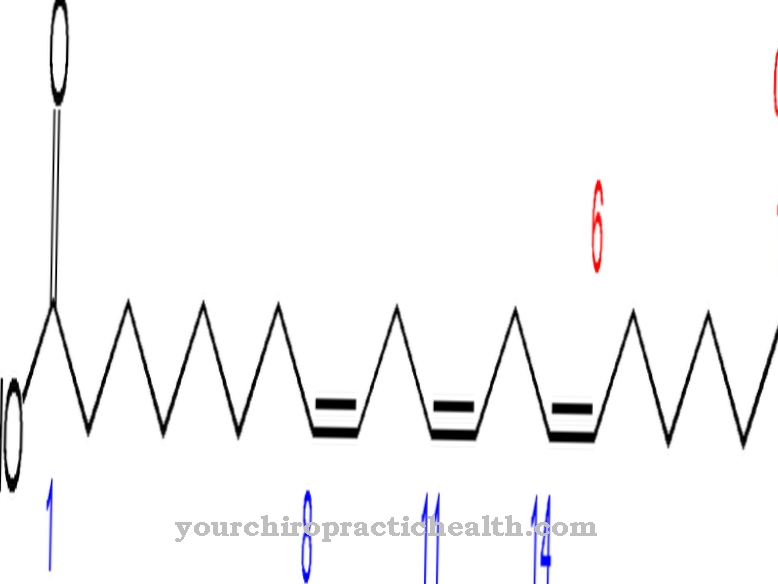
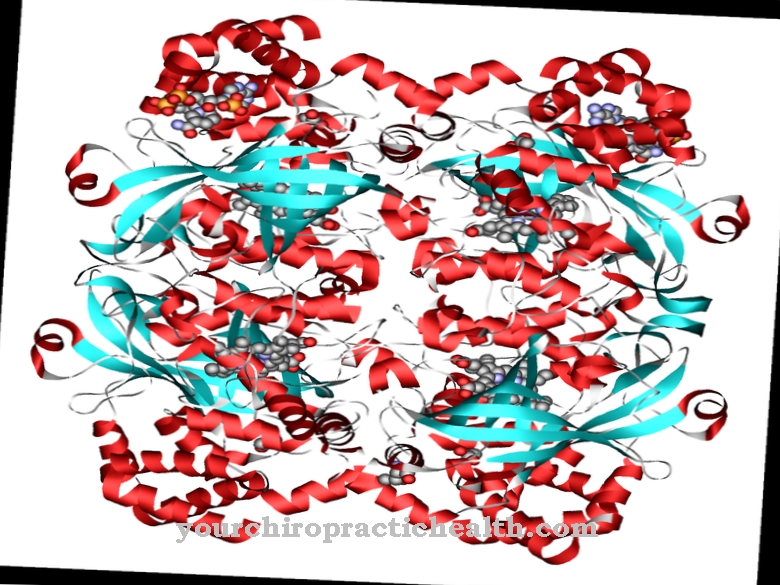
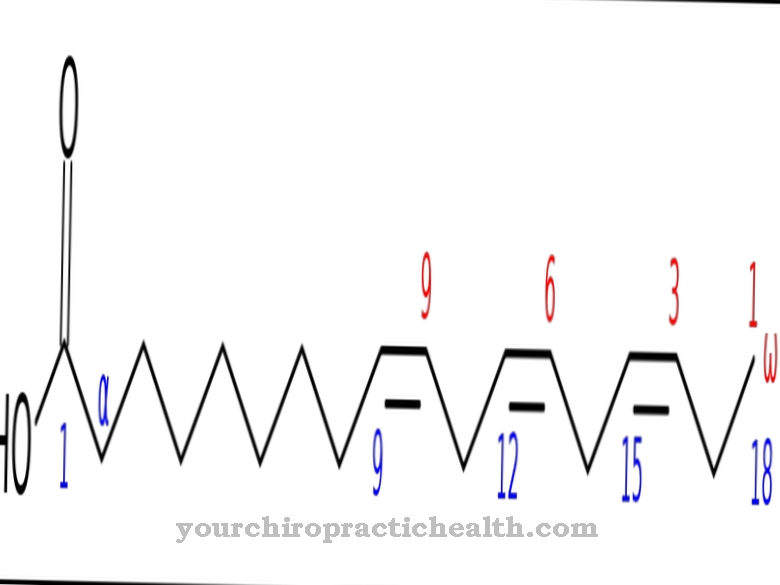






.jpg)

.jpg)
.jpg)











.jpg)